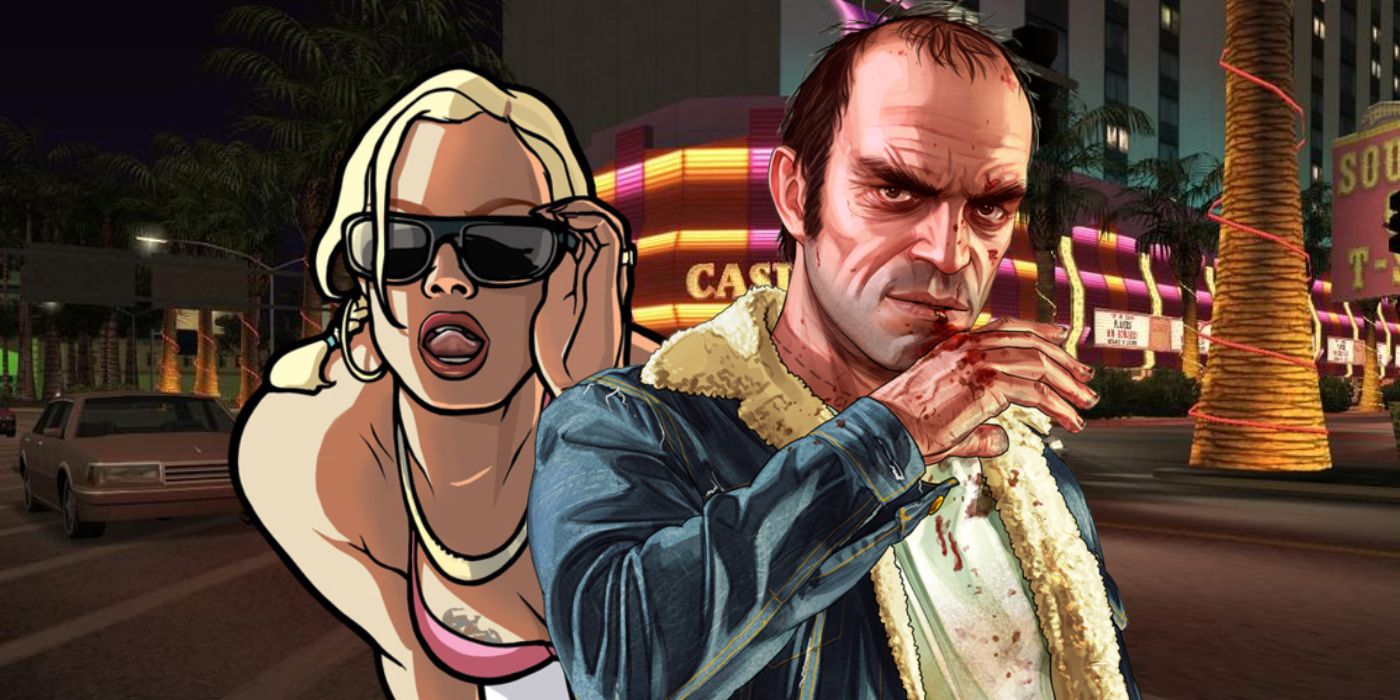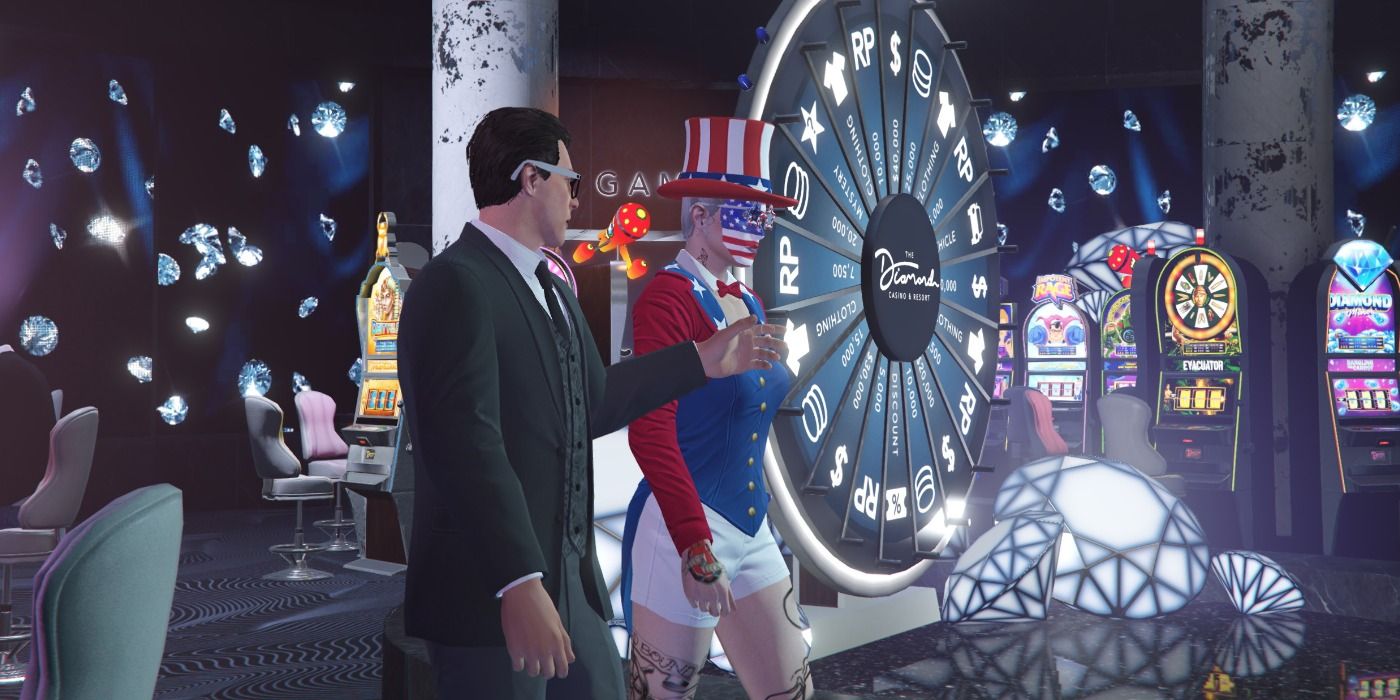
As one of gaming's most popular franchises, Grand Theft Auto regularly draws attention from the non-gaming public for its loudly M-rated content. Controversy after controversy crops up around Grand Theft Auto's violence, sexual content, and alcohol use, including one based on something Rockstar tried to remove from the game.
GTA's notoriety may have originally been a result of its popularity, but its critics have likely fed its fame. The franchise is known for its edgy, crime-filled satire, and its open worlds' do-what-you-want structures allow players to take full control of much of its controversial content. The promise of this no-rules freedom likely contributed to GTA 5 becoming the most profitable entertainment product of all time.
It should be no surprise that a series simultaneously named after a real-world crime and focused on creating immersive, realistic worlds would find itself at the center of some kind of criticism. Some of this falls under the kind of moral judgement that previously brought on Dungeons & Dragons' "Satanic Panic," but some critics have made more measured arguments, often centering around the series' failures at satire.

Earlier GTA games saw some criticism for their violent content, but it wasn't until GTA 3 took the series into third-person that its true notoriety began. The game's most infamous feature was players' ability to hire sex workers, then kill them to get their money back. While the game did not explicitly encourage the murder, the monetary reward implied Rockstar expected it to happen, and the developer offered no in-game criticism of the action. But the fact that sex workers appeared in the game at all likely contributed to this mechanic's infamy, as sex would be the subject of another well-known GTA controversy - GTA: San Andreas' "Hot Coffee" minigame. Rockstar included the minigame in San Andreas' code and disabled it before launch, but this didn't prevent modders from re-enabling it. One such mod gained so much popularity that the ESRB revised San Andreas' rating to Adult-Only (via GameSpot) until Rockstar removed the scenes' code entirely.
Clothed and partially nude sex scenes are now rather common in big-budget, M-rated video games, so the sexual elements of GTA 3 and San Andreas may have received different reactions if they were published in 2020. But other controversial aspects of GTA haven't softened with age. Haitian-American communities protested GTA: Vice City's inclusion of dialogue they said encouraged violence against Haitian immigrants, leading Rockstar to remove phrases like "kill all the Haitians" from the game (via The New York Times). More recently, Grand Theft Auto 5's multiplayer mode, GTA Online, earned criticism for its virtual casino update. Players can gamble with in-game currency there, and despite there being no (official) way to cash-out any currency earned back, the Diamond Casino DLC was banned in more than 50 countries.
These individual events mark points of specific uproar in GTA's history and are sometimes regarded as unreasonable by fans, but what really makes the franchise so controversial is its attempted satire. The modern GTA games have, to varying degrees, tried to critique (often with humor) pop culture's fixation on violence, sex, and drugs, as well as other aspects of modern society. This has led to the inclusion of hyper-violent imagery like GTA 5's torture scene, which was meant to be a criticism of the American government's use of torture. Critics argue much of this satire doesn't land as intended.
Since GTA's systems encourage players to commit the violence the games are supposedly critiquing, it becomes difficult to tell what's ironic and what isn't. As The Punk Writer's Nick Jones argued in a 2017 essay, satire inherently needs to "hold the audience at arm’s length, otherwise the audience may forget that the characters are parodies of themselves," leading that audience to sympathize with the satire's subjects rather than see their flaws. Video games like GTA immerse players in their characters' stories, Jones argued, to the point of destroying that necessary distance. In this way, the messages of the GTA games' satire may be lost on many players. And without mechanics to discourage the actions it's trying to critique, Grand Theft Auto could instead be seen as glorifying violence and misogyny, or, like Jones said, at least making these seem like "a kind of silly fun."
from ScreenRant - Feed https://ift.tt/3gvhf7s


0 Comments